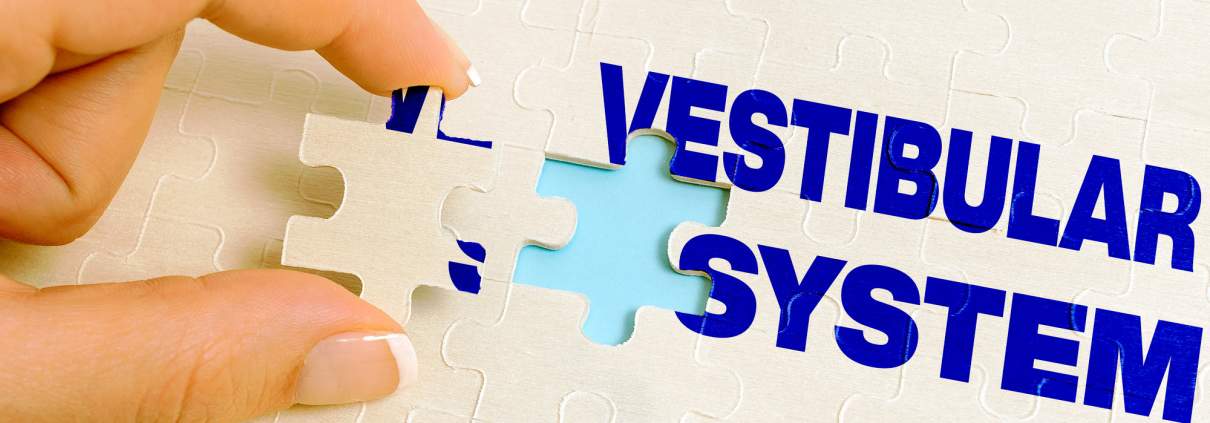The Link Between Iron Deficiency Anemia and Hearing Loss
Have you wondered how iron deficiency anemia (IDA) can influence hearing loss? Well, you are not the only one. At first, it can be confusing to determine if IDA is associated with hearing loss. However, research concludes that IDA is related to sensorineural hearing loss (SNHL) and combined hearing loss in adult patients.
SNHL refers to hearing loss from damage in the inner ear or the nerve from the ear to the brain. Hearing loss can significantly impact your day-to-day life. While researchers do not understand its causes, there is ongoing research.
Another study shows that sudden SNHL is directly associated with IDA. Individuals affected by sudden SNHL experience severe reduction in hearing for over 72 hours. Let’s look at what IDA is and how it is associated with SNHL.
Detailing the Association Between IDA and Hearing Loss
Individuals with IDA have reduced blood cells due to iron deficiency in their bodies. This lack of iron results in lower amounts of oxygen in the body as the red blood cells are responsible for transporting oxygen around the body.
With current advances in medicine, IDA can be resolved with little fuss. However, the same cannot be said for hearing loss. It is an increasing concern as hearing loss affects 15% of the adult population in the United States.
How Anemia Affects Hearing
While studies have confirmed the association between IDA and hearing loss, more research is still needed. In the meantime, we can look at possible areas that showcase this association.
A good example is ischemic damage. This refers to damage caused by reduced blood flow. Which significantly affects the blood pathway to the inner ear. Some studies show that sudden SNHL is associated with a significantly increased incidence of cardio-cerebrovascular disease. Hence, we can ascertain that adequate blood supply is significant for hearing loss.
If you are looking out for symptoms of IDA, there are none. However, you can watch out for signs of low iron, which include fatigue, chest pain, or shortness of breath. Ensure that you take a healthy balanced diet daily, and you can add supplements to keep the recommended levels of nutrients that your body needs.



